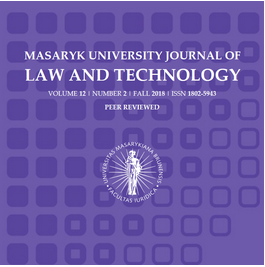Why Are Software Patents So Elusive? A Platonic Approach
Why Are Software Patents So Elusive? A Platonic Approach
Author(s): Odin KroegerSubject(s): Epistemology, Ancient Philosphy, Philosophy of Science, ICT Information and Communications Technologies
Published by: Masarykova univerzita nakladatelství
Keywords: Software patents; patent failure; computer-implemented inventions; algorithms; reification; Plato; Bessen; Meurer;
Summary/Abstract: Software patents are commonly criticised for being fuzzy, context-sensitive, and often granted for trivial inventions. More often than not, these shortcomings are said to be caused by the abstract nature of software—with little further analysis offered. Drawing on Plato’s Parmenides, this paper will argue (1) that the reason why software patents seem to be elusive is that patent law suggests to think about algorithms as paradigmatic examples and (2) that Plato’s distinction between two modes of predication and the role of competence in his account of knowledge are helpful not only for conceptualising knowledge of algorithms, but also for understanding the limits of software patent regimes.
Journal: Masaryk University Journal of Law and Technology
- Issue Year: 5/2011
- Issue No: 1
- Page Range: 57-70
- Page Count: 14
- Language: English

